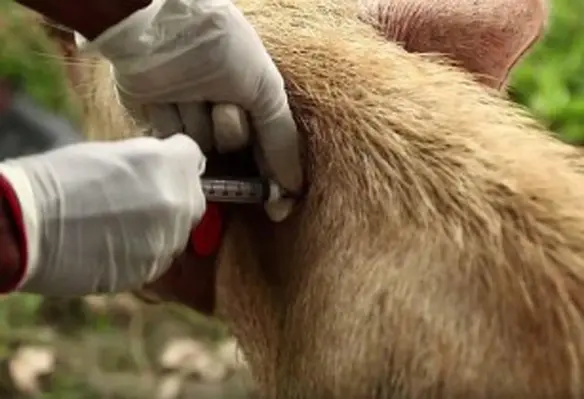The Biosecurity Authority of Fiji (BAF) is implementing information technologies to predict potential occurrence of zoonotic diseases, which could pose harm to animals and humans
Detection of zoonotic diseases outbreaks is crucial to BAF, as it is the task of the authority to implement measures for the prevention of animal diseases.
The likelihood of outbreaks of zoonotic diseases such as Leptospirosis, Brucellosis and Bovine Tuberculosis increase drastically after natural disasters which ultimately leads to improper disposal of animal carcasses, debris and the uncontrolled movement of farm animals. This was an issue faced by BAF particularly in the wake of TC Winston which struck Fiji in February 2016.
Geographic Information Systems (GIS) is a computer system used for the purposes of capturing, storing, checking and displaying of data in relation to positions on Earth’s surface. GIS shows various types of data on one particular map such as streets, buildings and vegetation. GIS aims to enable people to see, analyse and understand patterns and relationships.
GIS has made tremendous contributions towards the development of surveillance of animal diseases in Fiji. GIS spatial analysis and remote sensing aim to provide methods to collect and manage information for epidemiological surveys. GIS technology offers a straightforward way to visualise information, communicate information, aid in identifying questions and hypotheses on the patterns and trends of diseases with the addition of their possible causes.
Financial assistances from Belgium and the UN Food and Agriculture Organisation (FAO) have provided the support by strengthening the capacities of the government technicians to put in place biosecurity measures for the prevention of the spread of zoonotic diseases. FAO is also helping authorities to prevent further risks, thereby increasing resilience to future crises.




